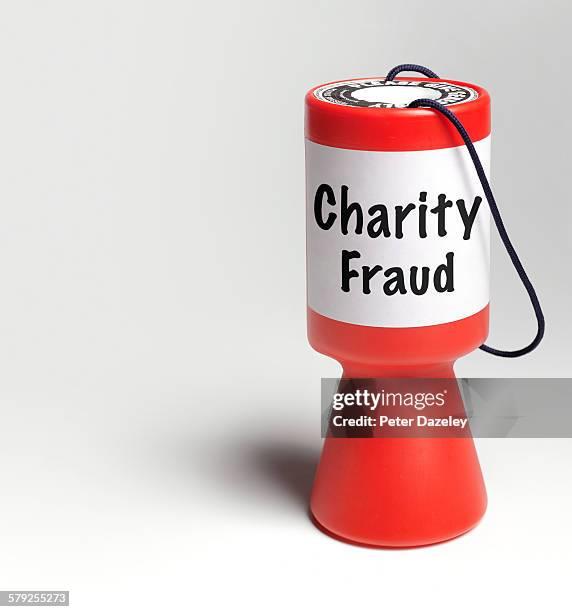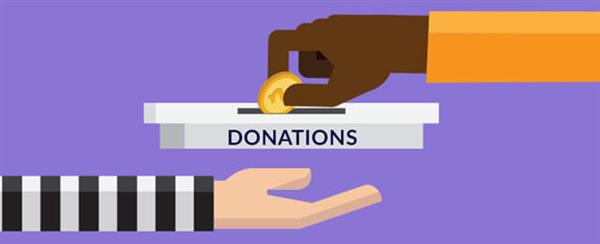|
||||
|
||||
|
|
||||
Making your donation count The vast majority of collections and appeals are authentic and legitimate, but some are scams. So what can you do to thwart the fraudsters and make sure your donations really do reach the causes that need them? Quite a lot. It’s simpler than you might think to check the authenticity of a collector or charity.
But the most important message of all is still this: please don’t stop giving.
Unfortunately, fraudsters may take advantage of our generosity when giving to charity. They may claim to be raising money for a fake charity or impersonate a well-known charity. Most fundraising appeals are genuine, so the risk of fraud should not put you off giving to charities. However, you should be vigilant and make sure you are giving safely to legitimate organisations.
The Fundraising Regulator and Charity Commission for England and Wales advise you to pause and check before donating. This includes: Check the charity name and registration number at uk/checkcharity.
 It is not uncommon to be approached in the street by charity collectors carrying buckets or clipboards. They often work in small groups, wear the branded clothing of their cause and are happy to answer your questions
But how can you be confident that you are talking to the real thing?
Make sure your charitable donations really count
After making these checks, if you become aware of a charity scam, or are the victim of one, you should report it to: • Action Fraud 0300 123 2040 (textphone 0300 123 2050) www.actionfraud.police.uk • Your local police www.police.uk • Your local authority trading standards department • The appropriate charity regulator If the scam affects a legitimate charity, notify the charity itself so that it can inform its supporters and prevent others from falling victim | ||||
Reply to this message | ||||
|
||||
|
|
|







